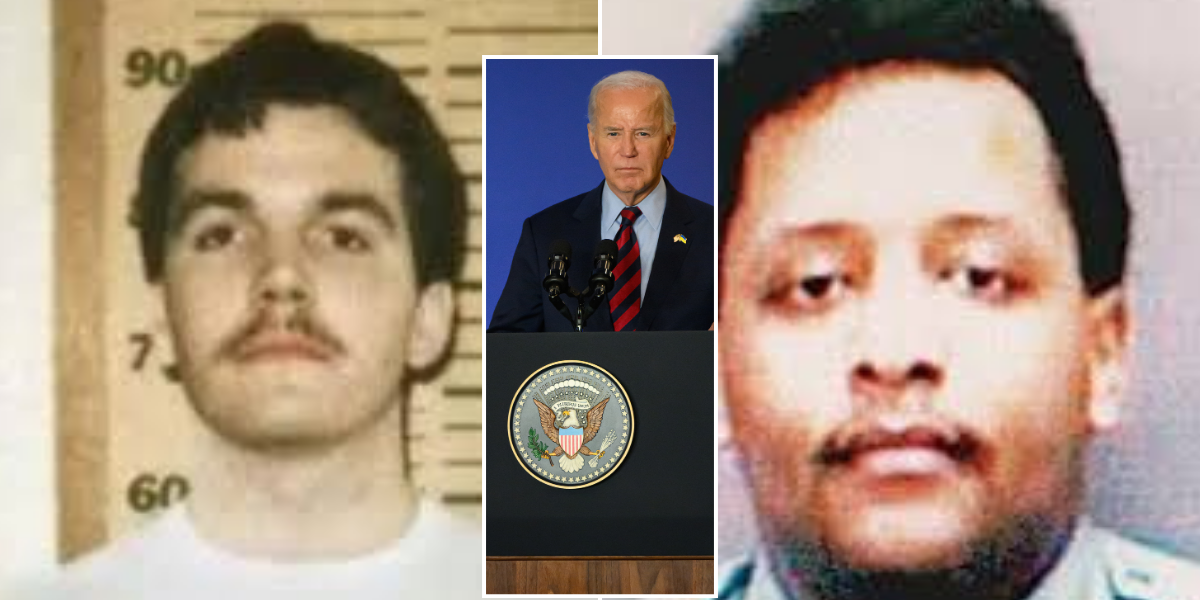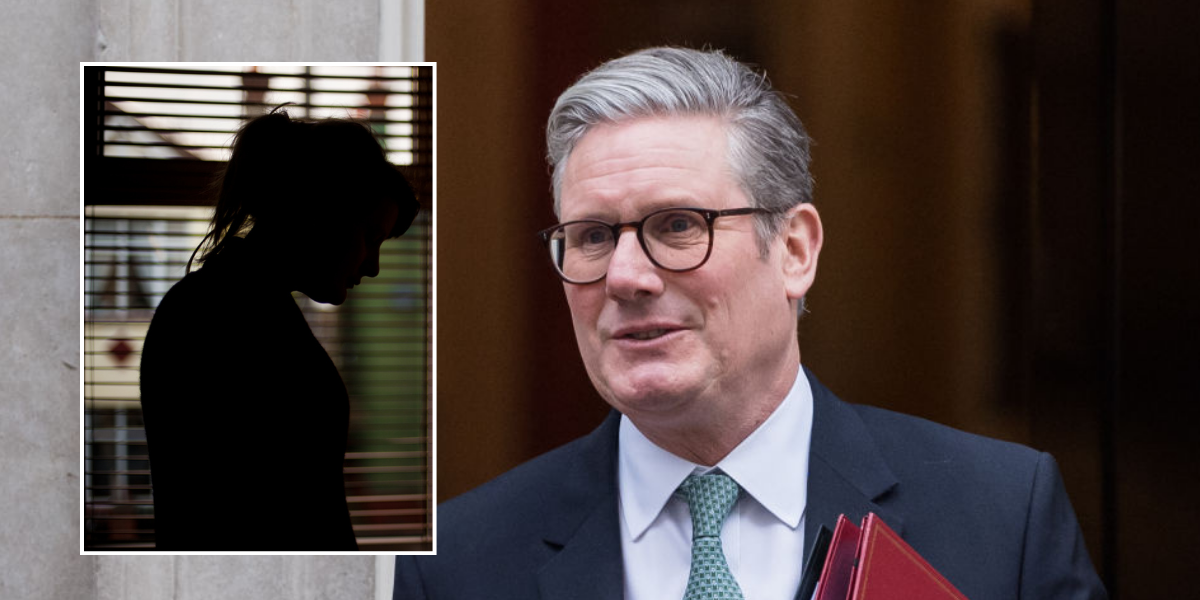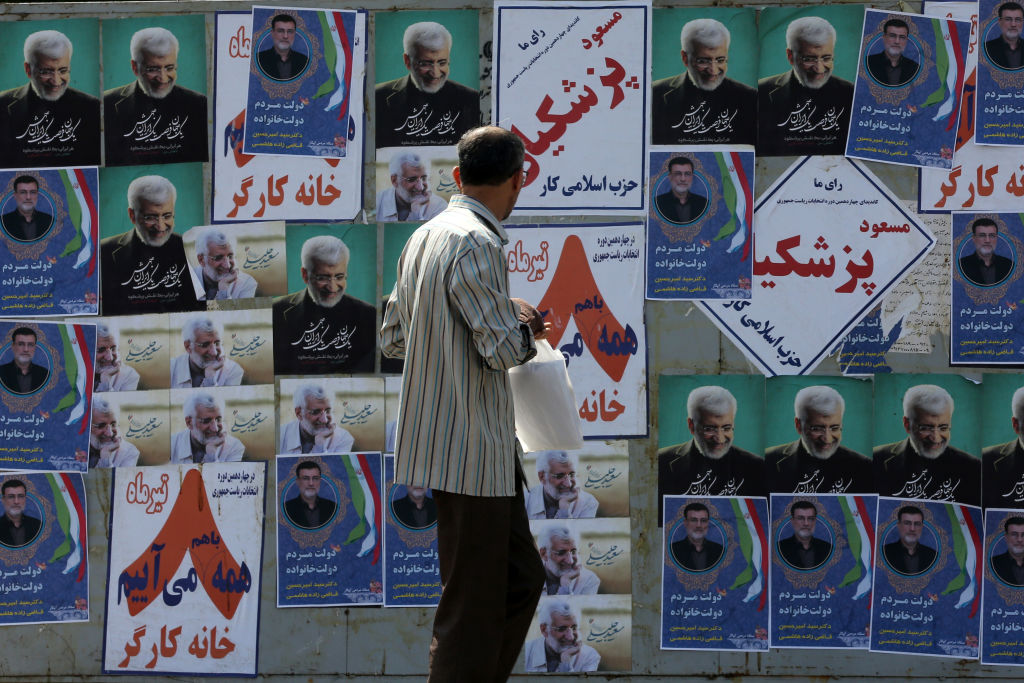The Mediterranean nation has been without a president since Michel Aoun's term ended in October 2022.
The 128-member parliament, which has failed to reach a consensus due to tensions between rival parties, convened at 11:00 am (0900 GMT).
Foreign ambassadors attended the session as parliament members quickly began to clash, with opposing lawmakers taking the floor and bickering.
Gebran Bassil, leader of the Free Patriotic Movement, a Christian party opposed to Joseph Aoun’s candidacy, criticized foreign interference.
"We saw there had been orders from abroad to many lawmakers to elect Joseph Aoun," Bassil said.
Although many parliamentary groups have expressed support for Joseph Aoun, they have not yet garnered enough votes to secure a two-thirds majority in the first round.
Some lawmakers also oppose changing Lebanon's constitution, which requires presidential candidates to have not held the position in the past two years.
Joseph Aoun remains head of the army, having extended his mandate beyond his planned retirement.
Although the president's powers have been reduced since the 1975-1990 civil war, the position remains crucial in appointing a new prime minister and forming a government capable of enacting reforms demanded by international creditors.

 By Tasnim News (World News) | Created at 2025-01-09 11:59:53 | Updated at 2025-01-09 22:09:35
10 hours ago
By Tasnim News (World News) | Created at 2025-01-09 11:59:53 | Updated at 2025-01-09 22:09:35
10 hours ago








